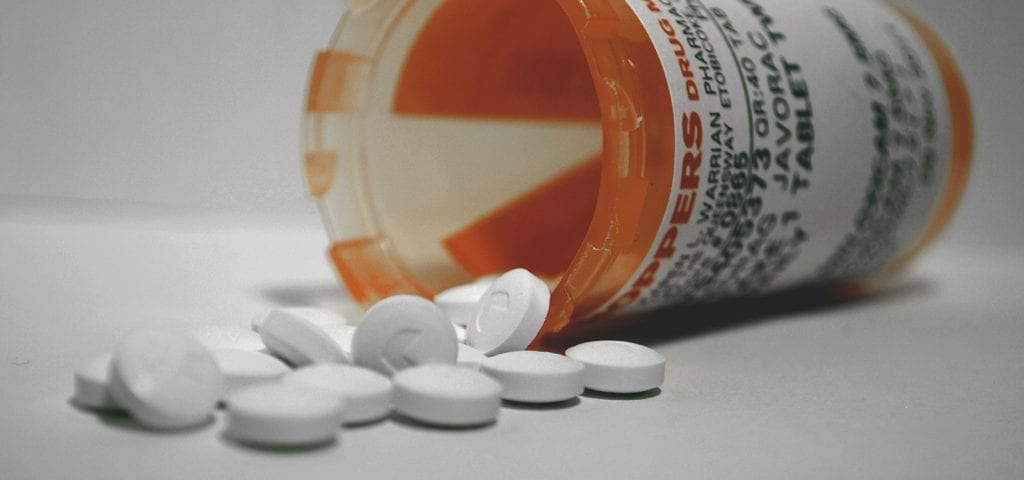The Drug Enforcement Administration has approved Syndros, a cannabis-based medication developed by pharmaceutical company Insys Therapeutics, for Schedule II status under the Controlled Substances Act, according to a Chicago Tribune report.
Syndros is an oral remedy that uses THC to treat nausea and vomiting, two of the most common symptoms caused by chemotherapy. The drug was pre-approved by the FDA last summer as a treatment for nausea, vomiting, and weightloss in cancer and AIDS patients.
If that name Insys sounds familiar, it’s probably because this is the pharma group that donated $500,000 last September to help defeat Arizona’s cannabis legalization campaign; and now the company has received DEA approval for its own cannabis-based drug. During the campaign, the company said it opposed the legalization measure because, “it [would fail] to protect the safety of Arizona’s citizens, and particularly its children.” Now, non-medical cannabis users in Arizona must still face felony charges for possessing even small amounts of the plant.
However, if safety were truly Insys’ biggest concern, they might rethink their aggressive marketing strategies for Subsys — a medication containing fentanyl, a dangerously powerful and addictive opiate that can be 50-100 times more powerful than Morphine.
“It appears they are trying to kill a non-pharmaceutical market for marijuana in order to line their own pockets,” a spokesperson for Arizona’s legalization campaign said last year.
It’s clear that in a world where anyone and everyone would be allowed to cultivate their own medicine, giant pharma companies such as Insys would inevitably lose revenue. However, according to Kevin Gallagher of Craft Concentrates and the Cannabis Business Alliance, Big Pharma interests may ultimately be surprised by the zeal and persistence of cannabis patients and advocates.
“This is a completely unique substance that is so readily available, and it’s so easy to take advantage of its healing nature, … it’ll be very interesting to see how that plays out,” Gallagher said in an interview with Westword.
“These pharmaceutical companies still think they’re going to win the battle in creating essentially fake cannabis and having to even compete with the real cannabis industry, but they’re not looking at the effects of certain terpenes or certain cannabinoids,” Gallagher said.
More and more Americans succumb to prescription opiate overdoses each year, while there remain zero recorded deaths contributed to the over-consumption of cannabis.
Get daily cannabis business news updates. Subscribe
End
